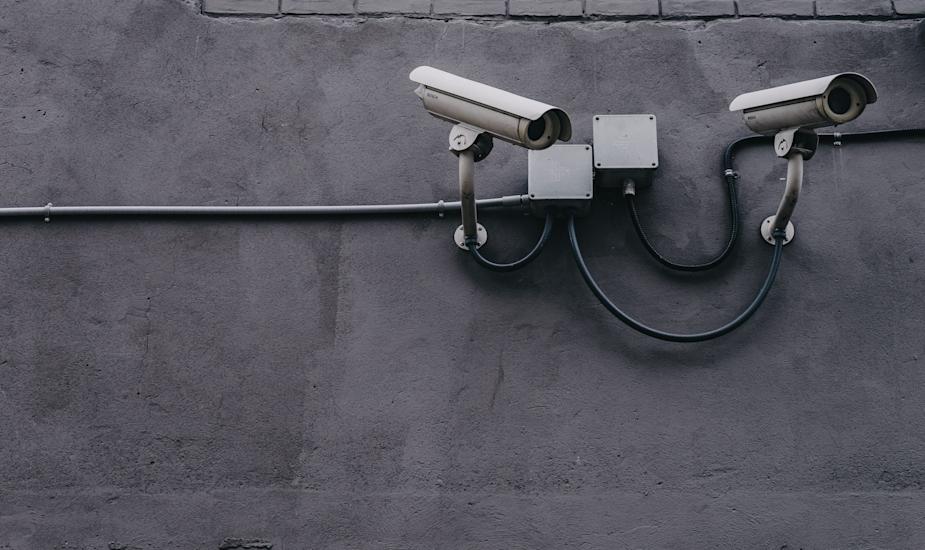What is Spyware?
2 minute read

You are being spied on
Spyware is usually software that accesses data from a computer, smartphone or tablet without the user's knowledge or even consent and passes it on to unauthorized third parties.
Spyware usually infects a computer in the wake of harmless software. Especially with free software or apps - which are actually supposed to make life easier - caution is advised. Confidential data, such as passwords, PINs and credit card numbers, end up in the possession of scammers and companies with dubious commercial methods.
Yet spyware can do even more, and that is what makes it truly dangerous: it can record keystrokes, track surfing habits, or collect email addresses and other login data. Even strong passwords can be decrypted with this knowledge.
Spyware programs are often also used to analyze user browsing activity, especially surfing behavior on the Internet.
The data collected is often used commercially. Based on the data, targeted advertising banners or pop-ups are displayed, which are adapted to the possible interests of the Internet user. In this way, advertising companies hope to increase sales on the Internet.
These four types of spyware are particularly common: Trojans, adware, tracking cookies, and Keyloggers:
-
Trojans: Malware programs that are deliberately smuggled onto other people's computers or smartphones by cybercriminals and execute harmful functions there
-
Ad-ware: Software that displays advertising to the user in addition to its original function or installs software that displays advertising
-
Tracking cookies: Used by websites to run analytics services - often at the expense of the privacy of users, because they pass on personal data to third parties for advertising and marketing purposes
-
Keyloggers: Record what users type on the keyboard and store the data obtained and transmit keyboard combinations, for example passwords, to cybercriminals.
You can tell quickly and easily if your computer, smartphone or tablet is being spied on:
- Your Internet browser opens advertising windows that have no connection to the website you are visiting
- The start page of your browser has been changed
- The favorites folder contains links and bookmarks that you did not create
- Your firewall or anti-virus program shows attempts by programs to connect to the Internet or open pop-ups
How to protect yourself effectively from spyware:
- Always activate a firewall and an up-to-date anti-virus program
- Install an anti-spyware program
- Always keep all programs up to date and perform security updates
- Only follow links from trustworthy e-mails of which you know the sender
- Allow cookies only in exceptional cases
- Activate enhanced security in your browser so that "active content" such as Java, Java Script, Adobe Flash or ActiveX is not executed or is executed only on demand
- Only install software and apps from trusted sources, such as the official app stores